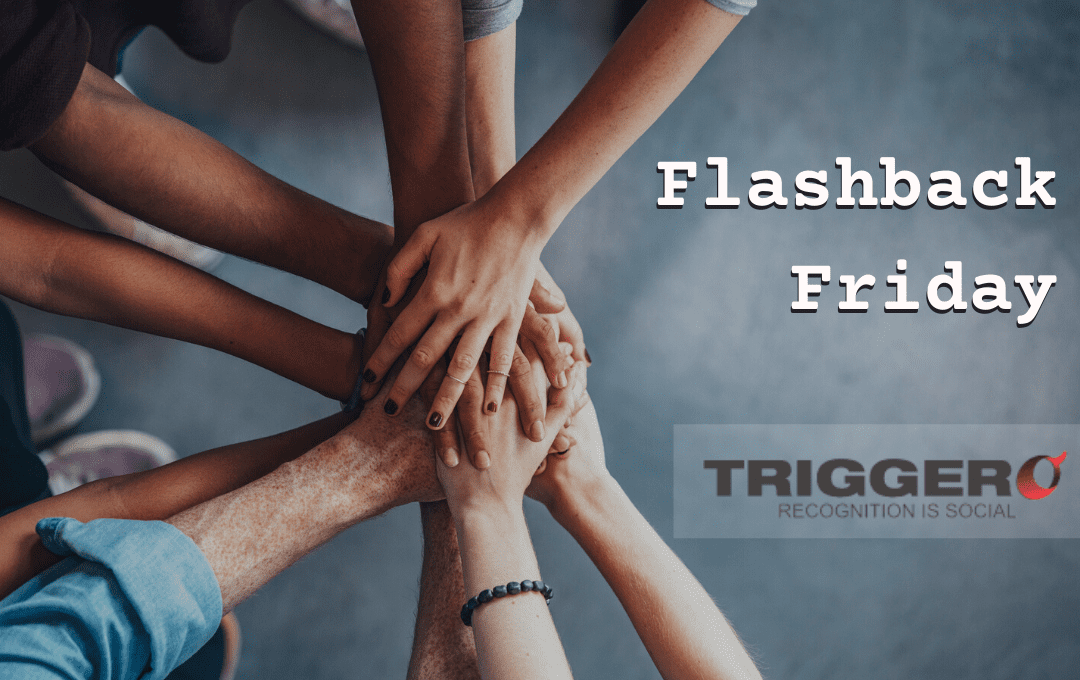Triggero was an enterprise rewards and recognition services platform. Triggero worked on a SAAS model and was a provider of an enterprise social recognition platform designed to encourage the culture of appreciation. The company’s enterprise social recognition platform was easy to use. A powerful workflow engine that helped in employer could be custom moduled and self-managed, enabling leaders to drive culture and manage change in the organization.
Triggero was instrumental in creating a productive & motivated workforce, energize sales & distribution eco-system. Triggero had partnered with some of the prominent organizations across industries like Telecom, BPO, BFSI, White Goods & IT.
Founder: Paras Arora & Abhishek Singh
Total funding raised: USD 75,000/-
2020 status: Shutdown
Number of rounds: 1
Co-investors: Mumbai Angels
Why did you invest in Triggero?
Triggero was a powerful B2B SaaS platform in the HRMS space, looking at creating a rewards and recognition platform for in-house employees. One must remember that Triggero predated the entry of Yammer, Slack, or Microsoft Teams in India, platforms that most of us have made an integral part of our work lives today.
Triggero also provided managers the ability to reward employees by giving them points that could get redeemed at the Triggero store for gifts. It was a unique offering.
What were the risks involved with the investment in Triggero?
I know now (but I did not know when I made this investment) that rewards & recognitions platforms make the best sense for companies that house large teams managed by a well-established HR department. Therefore selling to medium to larger-sized companies carried its own set of risks like:
- Long-tail sales cycles
- Larger budgets to hire experienced B2B sales reps
- They are competing against legacy systems and high switchover costs.
In 2012 employee rewards and recognition were unknown. Even employees associated HR with ‘Holidays and Rangoli,’ and business owners looked at HR as a cost center. Therefore, I realize (now) that Triggero was probably too early for the Indian market. The company should have raised a much larger round of funding to buy itself time, which unfortunately at the time (and possibly even today) was not available.
What was the primary reason behind dead pooling Triggero’s investment?
There were a couple of factors that affected this decision. Triggero lost a major client shortly after we put in the first tranche of investment. The company started to hemorrhage money due to the loss of revenues. This investment also enlightened me on the considerable time lag between billed revenues and banked revenues in a post-paid B2B revenue model.
The founders’ plans to scale fast took a severe hit, and they could not afford the capacity that they had acquired to build their platform. Considering all the issues that the company faced, it did not make sense to continue investing in the company, and I wrote off the investment.
What mistakes did Triggero make, and what was your learning as an investor?
Triggero’s biggest mistake was that they tried achieving B2C growth as a B2B company. Therefore, instead of waiting for purchase orders to build development and delivery capacity, they made capacity and then tried chasing sales – a dangerously desperate situation that any B2B founder should not find themselves in. Therefore, a lot of the expenses got frontloaded before revenues flowed in.
Secondly, I firmly believe that they didn’t raise enough capital. Triggero’s angel round did not give them enough runway to experiment, and (with the benefits afforded to me by hindsight), the founders and the angels should have decided against investing the money. Instead, we could have waited until Triggero could raise a more substantial round to give Triggero the runway to become a significant player.
Third I learned the importance of tranche-based investing. It is an essential method of risk mitigation for early-stage investors in cases where the venture doesn’t go down the desired path.
Would you invest in a similar startup today?
I believe that the world has moved on from R&R platforms, and Triggero would have a tough time finding a niche in the corporate domains where Slack, Teams, WhatsApp, and Yammer dominate communications.
It had the potential to be an Indian version of Yammer (that Yammer/Microsoft could eventually acquire), but alas, we did not get the required scale and adoption.
Loved this read? Head over to my Flashback Friday blogs for more!






